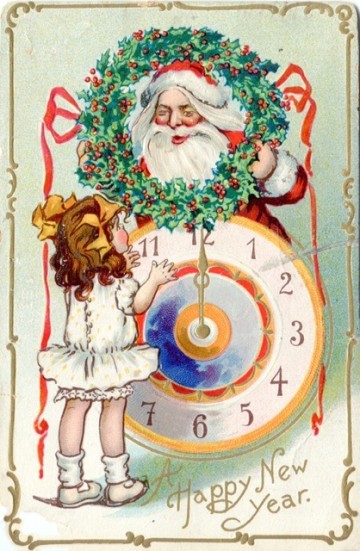
Originally published in the Marina Times San Francisco in January 2013
If you’re reading this, then the world didn’t come to an end on December 21, 2012. But was that the real story behind the Mayan Calendar end date?
My cousin sends me letters. Snail mail. Written words. But, they aren’t always his words. He likes to send me vintage postcards. One such postcard pictured a Victorian-era woman arriving at her destination, leaning over her luggage and penning a note that said “We have well arrived.” The message composed on the back of the postcard, in small, precise cursive letters, assured loved ones that its author was safe and well.
Let’s get back to the end of the Mayan Calendar. The calendar consists of several cycles or counts of different lengths. The Long Count is the Mayan linear count of days consisting of approximately 5,126 years. This time cycle ended on December 21, 2012; not to imply that it was the end of the world. The calendar’s end was regarded by the Maya as not so much an end as a beginning- a beginning of a new era when humanity would no longer need to measure time in a linear fashion. This moment in time also coincided with a rare planetary alignment and what they believed would be a positive shift in global consciousness.
This sounds esoteric until we consider the arbitrary nature of time constructs. Our commonly accepted calendar, the Gregorian Calendar, was implemented in 1582 because the prior Julian Calendar was considered too long, and the new calendar shaved about two weeks off of the year. There, that’s better!
The history of Mayan culture is extensive and rich beyond what can be written here. It’s worth taking the time to patiently study an ancient culture just as much as it is worthwhile to send handwritten letters. Nevertheless, the mass media loves hysteria and the Mayan Calendar’s end provided the opportunity for just that, reducing the story behind the calendar to a sound bite, thus obscuring the message.
We have well arrived in 2013. December 21, 2012 wasn’t the end. Shelve this frenzy with Y2K, Halley’s Comet and other end-is-nigh delirium. But here’s hoping we had a positive shift in global consciousness. The way we measure time means less than what we do with it.